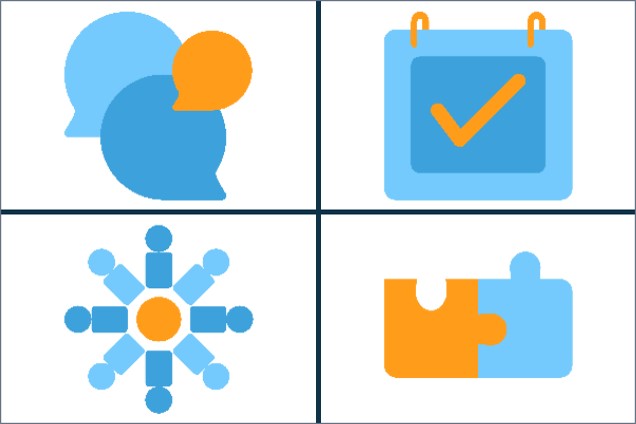
Do you also hate it when something urgent suddenly comes up at work, throwing out your carefully planned schedule for the entire week? Do you, too, sometimes postpone a task until the deadline is looming on the horizon — and then get anxious because there just doesn’t seem to be enough time left? Or do you find it hard to say no when your colleagues ask you for “just a tiny favor”, but the tiny favors keep piling up until you find yourself putting in extra hours to get your own projects done? If any — or even all — of these situations sound familiar, then at least you’re not alone.
[Read more…] about Behind the Scenes: Improving Time and Self-Management Skills





